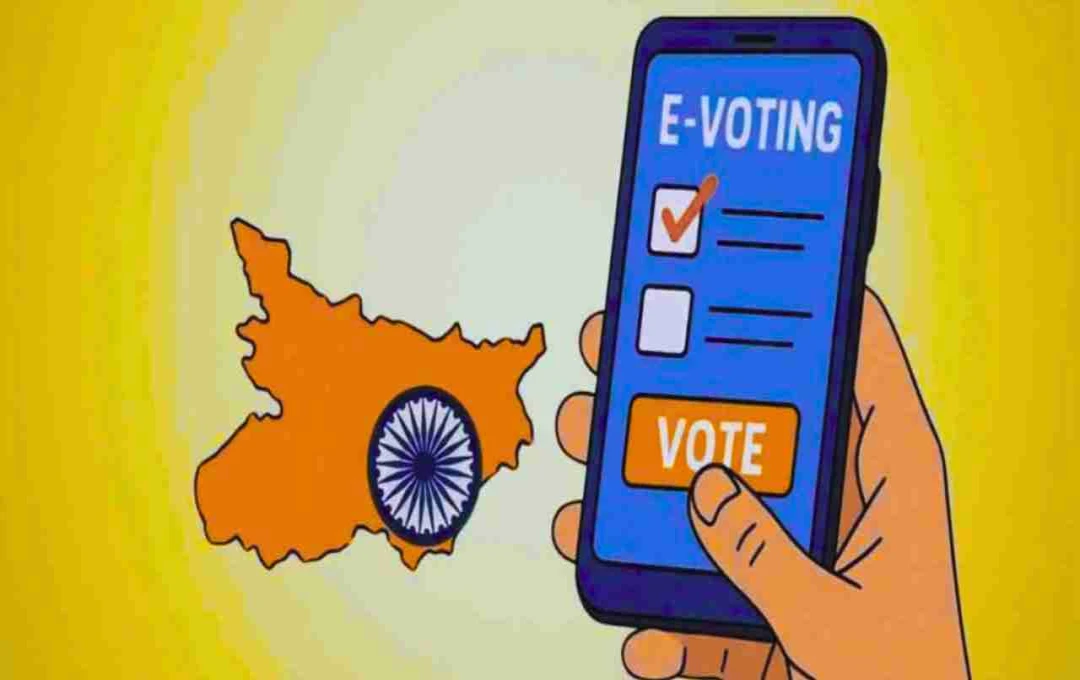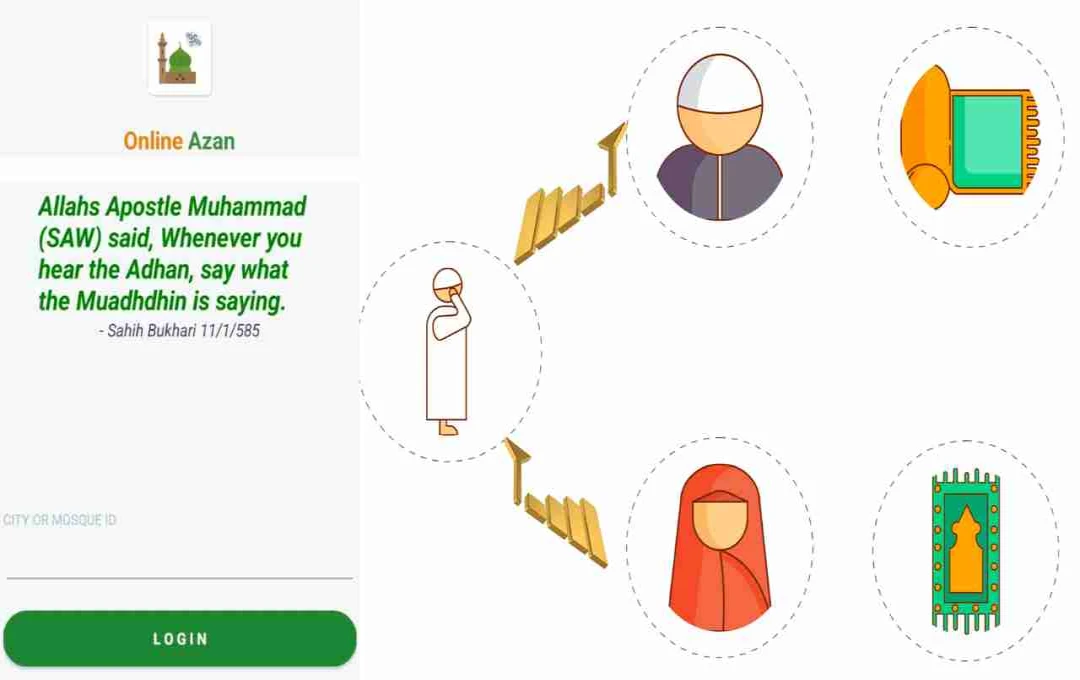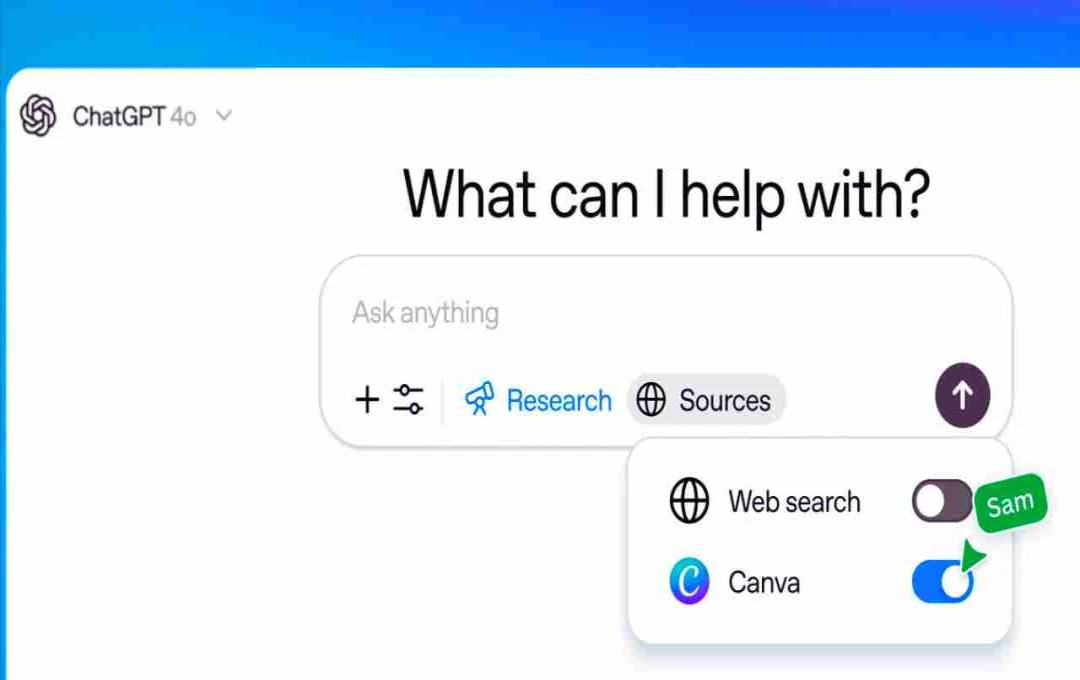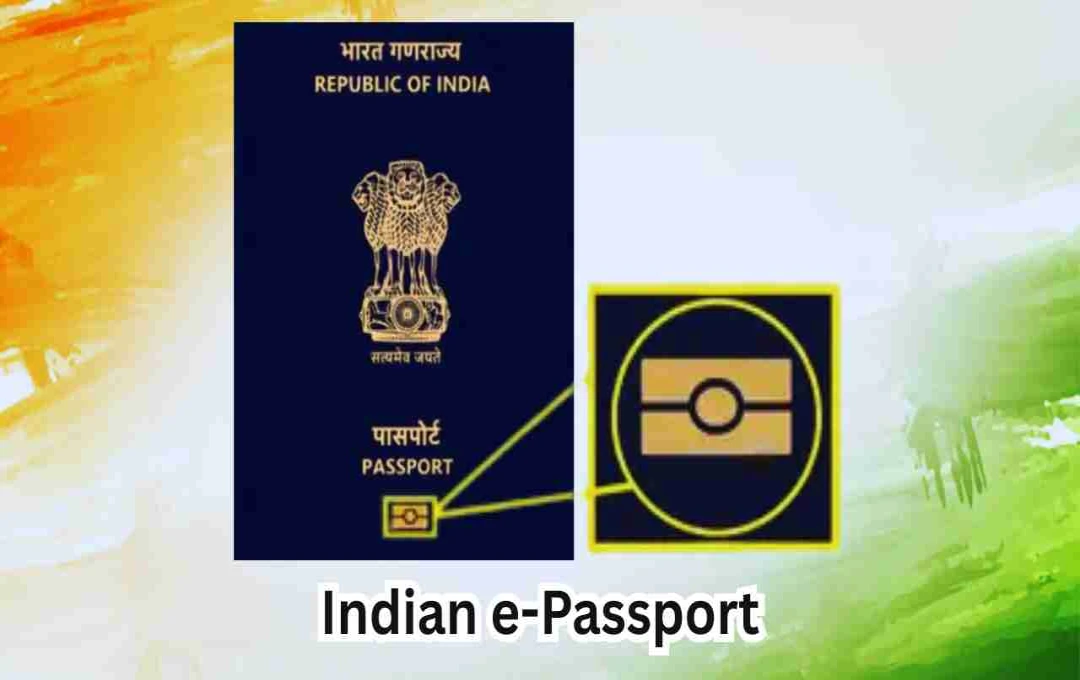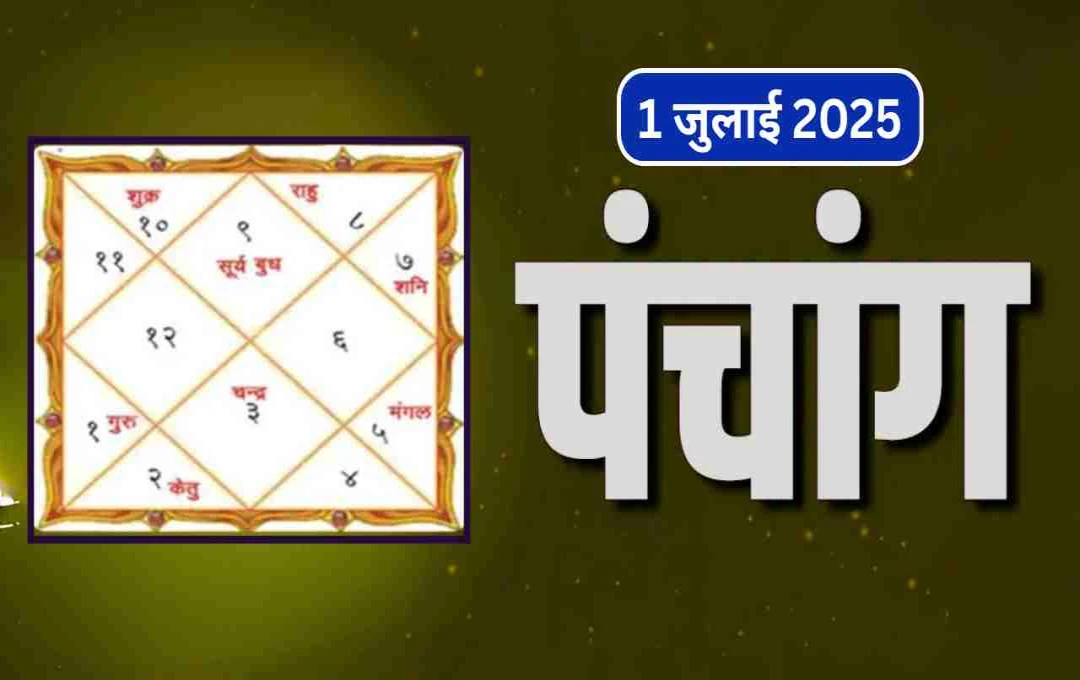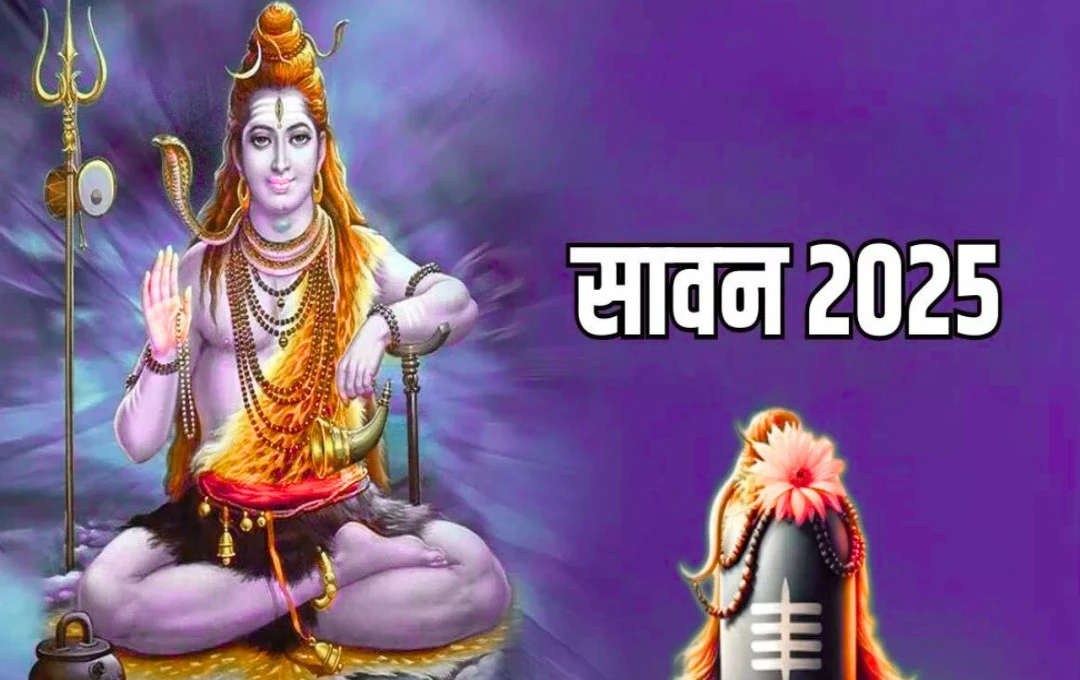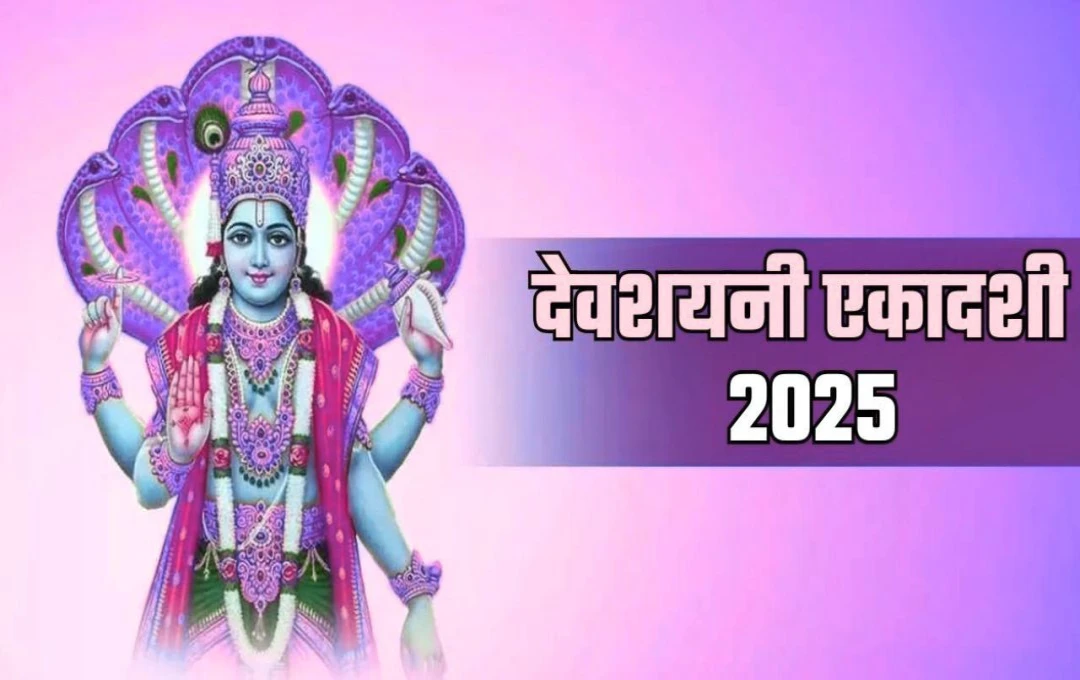E-voting has been initiated in Bihar under a pilot project, utilizing blockchain and facial recognition technology. This facility has been launched for senior citizens and voters in remote areas, with the potential for nationwide implementation in the future.
E-Voting: Connecting democracy with technology in India, Bihar has taken a historic step. Now, there will be no need to stand in lines or be compelled to reach polling booths to cast a vote. Bihar has become the first state in the country to launch an e-voting system through a mobile app for municipal elections. State Election Commissioner Deepak Prasad, while inaugurating it on Friday, said that this change will not only increase convenience but also strengthen the foundation of a digital India in the future.
E-voting in Bihar: Where and How?
State Election Commissioner Deepak Prasad announced on Friday that this facility is currently being implemented under a pilot project in 6 municipal councils of Patna, Rohtas, and East Champaran districts. If this model is successful in the coming time, it can also be implemented in the assembly elections.
The aim of this initiative is to provide convenience to voters who cannot reach the polling booth due to health, geographical, or any other reasons – such as senior citizens, persons with disabilities, pregnant women, or migrant workers.
How does this e-voting technology work?
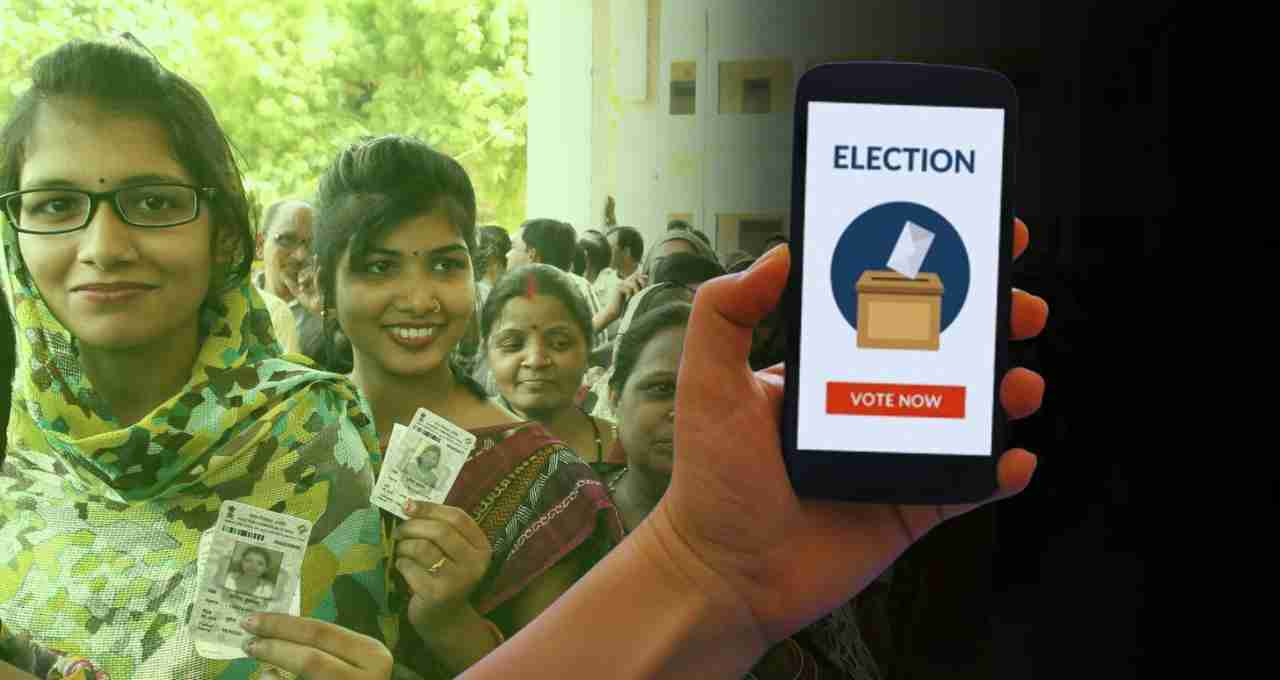
This new system in Bihar is technically quite advanced. It uses cutting-edge technologies like blockchain technology, facial recognition, and dual authentication. This ensures that every vote is valid, secure, and trackable – without revealing the voter's identity.
Key features of this system:
- Face Verification: Before casting a vote, the voter's face will be scanned and cross-verified with the voter ID.
- Blockchain Security: The entire process will be recorded on the blockchain so that there is no possibility of data tampering.
- Mobile Login Security: A maximum of two voters can log in from one mobile number.
- Hack-Proof Design: Multi-layer security has been implemented to protect the system from cyber attacks.
Who can use it?
Currently, the benefit of this service has been given specifically to a selected category of voters:
- Senior citizens
- Persons with disabilities
- Pregnant women
- Migrant voters living in remote areas
- People temporarily residing outside the city
How to register for e-voting?
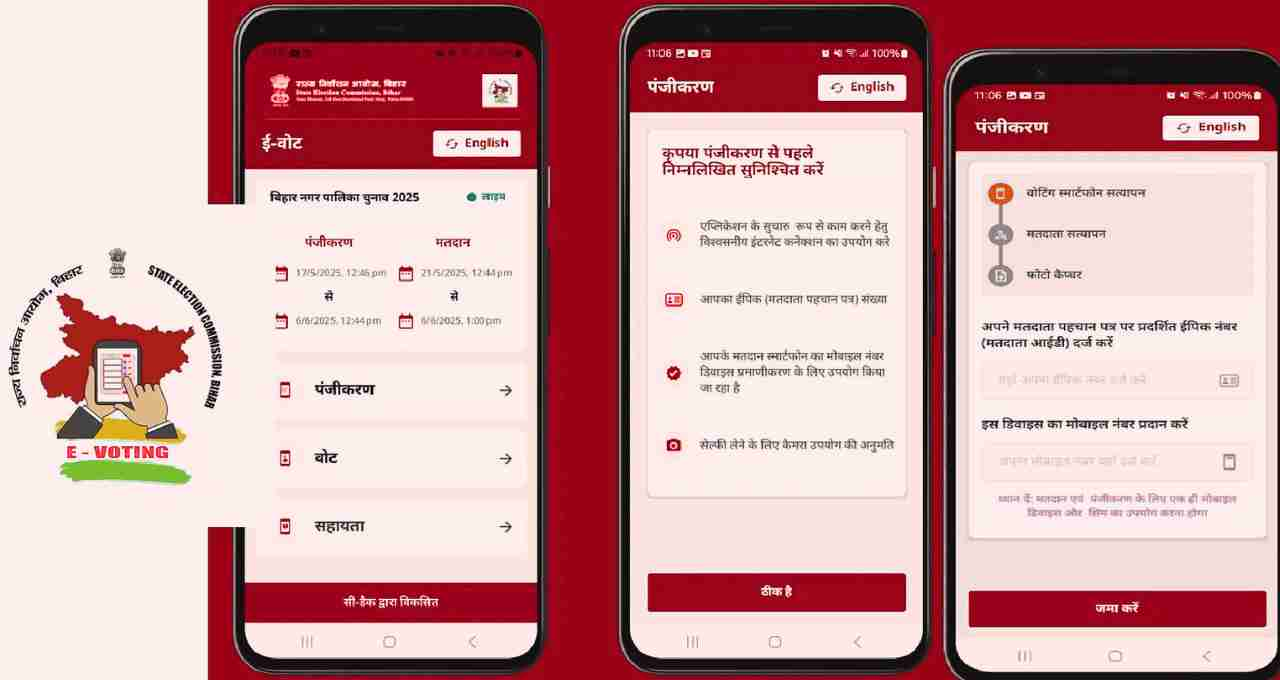
To participate in e-voting, first, you need to install the mobile app e-SECBHR, provided by the State Election Commission, on your smartphone. This app is currently available only for Android users.
Registration Process:
- Download the e-SECBHR app from the Google Play Store.
- After opening the app, enter your mobile number.
- Then link it with your Voter ID.
- Verify the mobile number via OTP.
- After successful verification, your registration will be complete.
- On the day of voting, you can cast your vote through this app or the official website of the State Election Commission.
This pilot project will determine the future direction
The State Election Commissioner also clarified that currently, this technology is being used only in municipal elections. If this experiment is successful and no security-related problems arise, it can be expanded in the upcoming assembly elections.
This means that this step by Bihar can change the election system of the entire country in the coming years. This has the full potential to increase the voting percentage, reduce fraudulent voting, and increase voter convenience.
What are the potential challenges?
While this initiative is a revolutionary step towards a digital India, it is also important to pay attention to some precautions and challenges:
- Cyber Security: If the blockchain and server infrastructure are not sufficiently b, this technology can become an easy target for hacking.
- Digital Literacy: Access to smartphones and the internet is still limited in rural areas, which may cause some people difficulties in registration and voting.
- Misuse of Facial Recognition: It has to be ensured that face data is used only for voting purposes and its privacy is protected.
